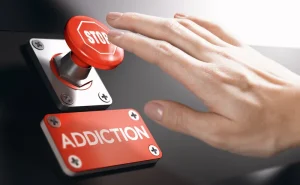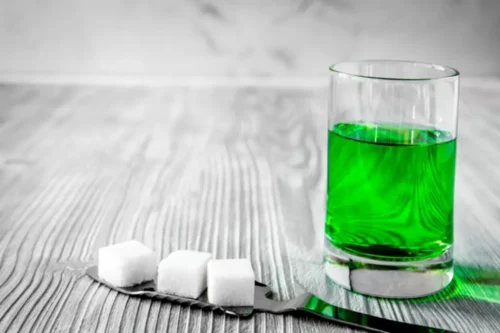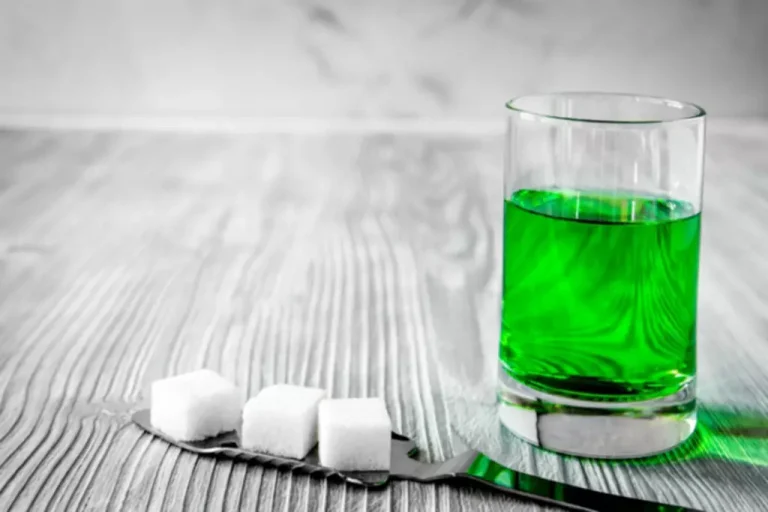
Depending on the type of dependency, PAWS can last from six months to two years after you stop using drugs or alcohol. We do not receive any commission or fee that is dependent upon which treatment provider a caller chooses. While no path in recovery is a straight line, a person in recovery actively attempts abstinence, harm-reduction education, and application of said education. As the loved one of someone in recovery, there are ways you can help preserve their recovery and prevent a relapse.
The Cycle of Recovery from Alcoholism

However, significant alcohol cravings may last much longer and often contribute to relapse. It’s a disease that typically develops gradually over time as a person drinks more and more regularly, which causes chemical changes to occur in the brain. It stands to reason that alcohol recovery is also a gradual process with no set timeline. For many people with a substance use disorder, it’s simply a matter of never having learned the appropriate way to manage anger.
How is alcohol withdrawal diagnosed?

It’s true that taking a break from alcohol for any amount of time will be beneficial overall, with some research showing that liver function begins to improve in as little as two to three weeks. But a full detox is needed for the most benefit, and how much time that takes depends on a variety of personal factors. As a person with an alcohol use disorder goes through detox and rehabilitation, their body going back to drinking after being sober seeks to regain normal function and balance. This process may cause intense withdrawal effects initially, which usually lessen over time.
What are the psychological effects of non-alcoholic beer?
After the birth of my second child in 2016, I started using an online program called BODi (at the time it was called Beachbody) to help me lose the baby weight. As a mother with two young kids, I didn’t have time to go to the gym. This program allowed me to get in a workout at home before my kids even woke up, or while they were playing at home, which helped me stay consistent with the movement my body craved. Non-alcoholic beer can be a good option for those seeking the taste of beer without the alcohol. Some find it helpful, while others see it as a potential trigger.
Contemplation can be an uncomfortable process, and feelings of guilt, shame, hopelessness and desperation are common as people reach this crossroads in their addiction journey. Individuals may waffle back and forth between wanting and not wanting to change. They may decide, for instance, that they’re going to seek treatment sometime in the next six months but won’t set a definite date. If these emotions become excessive, they can hold you back from recovery. If you are trying to maintain a sober lifestyle, those feelings can become toxic and contribute to relapse if you don’t deal with them properly. Most people who make their way into recovery have left a lot of pain and suffering in their wake.
- You could be pulled over and charged with drunk driving or, worse, get into a serious car accident, harming yourself or others.
- To others, I didn’t appear like I had a problem with alcohol, so I hid it for many years.
- Another thing that will help your liver’s journey in recovery is good nutrition.
- While receiving treatment, healthcare providers will want to monitor you continuously to make sure you don’t develop life-threatening complications.
- Some people may feel so “broken” that they almost feel they can no longer experience joy and confidence, or have healthy relationships again.
- LifeRing Secular Recovery, another alternative program, also adopts a more personalized approach.
- Therapy combined with an AUD program tends to lead to a high recovery success rate.
- I was not alone in my sudden questioning of a lifelong habit.
- Alcohol withdrawal is a potentially serious complication of alcohol use disorder.
- It was an emotional cat and mouse game more than a relationship.
Most people recovering from addiction will cycle through the stages of change three or four times before completing the cycle without a slip. Relapse is a common feature of substance use disorders, and it is more the rule than the exception. In fact, 40 to 60 percent of people recovering from substance addiction relapse at some point according to the National Institute on Drug Abuse — but this doesn’t mean their treatment has failed. Many in the addiction arena, however, argue that alcohol addiction is a chronic disease that never completely goes away.

